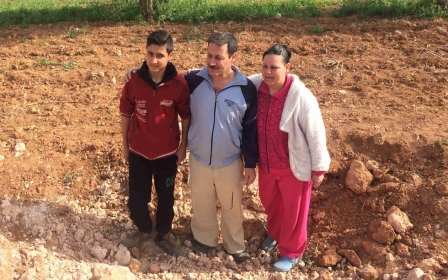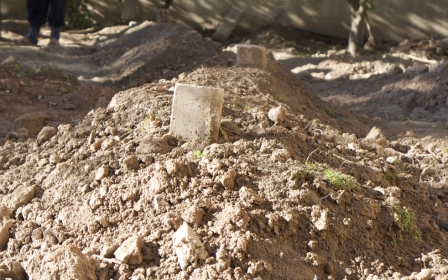'Incontrovertible' sarin gas used in Syria: Watchdog

The head of a global arms watchdog said on Wednesday that "incontrovertible" test results from an alleged chemical strike in Syria showed sarin gas or a similar substance was used.
Samples from 10 victims of the 4 April attack on Khan Sheikhun analysed at four laboratories "indicate exposure to sarin or a sarin-like substance," said Ahmet Uzumcu, head of the Organisation for the Prohibition of Chemical Weapons.
The suspected attack on the rebel-held town in Idlib province killed at least 87 people, including many children, and images of the dead and of suffering victims provoked global outrage.
Samples were taken from three people who died in the attack, and analysed at two OPCW-designated laboratories, Uzumcu told delegates to the OPCW's executive council on Wednesday, according to a statement from the watchdog.
Another set of bio-medical samples from seven people being treated in hospitals were also analysed in two other labs.
"While further details of the laboratory analyses will follow, the analytical results already obtained are incontrovertible," Uzumcu told the meeting of the body's executive council that resumed on Wednesday at its headquarters in The Hague.
A fact-finding mission set up by the OPCW is ready to deploy to the town "should the security situation permit," he said, adding the team was continuing to conduct interviews and collect samples. The executive council is to meet again on Thursday to vote on a draft decision that is being discussed.
Middle East Eye propose une couverture et une analyse indépendantes et incomparables du Moyen-Orient, de l’Afrique du Nord et d’autres régions du monde. Pour en savoir plus sur la reprise de ce contenu et les frais qui s’appliquent, veuillez remplir ce formulaire [en anglais]. Pour en savoir plus sur MEE, cliquez ici [en anglais].




